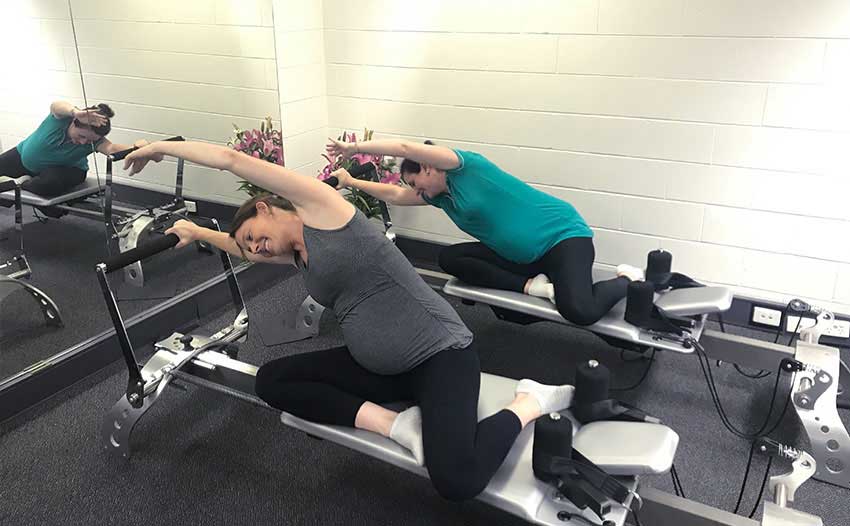
Abdominal Pain during pregnancy: It could be your Round Ligament
Abdominal pain with movement during pregnancy is commonplace but often poorly understood. Today we will look at one of the most common origins of this pain, the Round Ligament.
The Round Ligament is responsible for holding your uterus in place as your baby grows. The Round Ligament is a thick fibromuscular band of tissue that attaches onto the side of your womb and connects to your pelvis. This ligament has a very important job to do, hence it has its very own set of veins, arteries and nerves that supply it with nutrients to stay strong and hold your baby safely in place as he or she grows.
The problem is your Round Ligaments rich supply of nerves and blood vessels can cause it be to a very painful structure when stretching or in spasm. Because of its attachment sites pregnant mothers often complain that it feels like severe cramping pain of the lower abdominals or hips. Hence it is often mistaken for pain coming from the pubic bones and is poorly diagnosed.
How do we treat it?
It’s important to note that Round Ligament pain is a normal part of pregnancy is not cause for concern. However, there are some simple treatment steps we can take to relieve Round Ligament pain and make your pregnancy as easy as possible.
1. If in pain rest and move in slow deliberate movements
The spasming responsible for Round Ligament pain is analogous with muscle cramps, you wouldn’t keep trying to run through a muscle cramp would you? The best advice in this circumstance is to rest until your symptoms subside then start moving with controlled, stable movements.
2. Learn to use your deep core muscles
Learning to activate your deep core stabilisers will give you increased support and control during your daily movements taking the stress of your ligamentous structures and decreasing the pain and spasms.
3. Use an Abdominal Support Garment
While not a long term solution, using an elastic abdominal support garment can be used as a temporary step to relieve Round Ligament pain, especially in the early stages of engaging your deep core muscles, giving you support until you develop the strength and control you need to manage this on your own.
So there your have it… For more specific advice call Body Smart on 1300 630 204 and speak to one of our Exercise Physiologist.